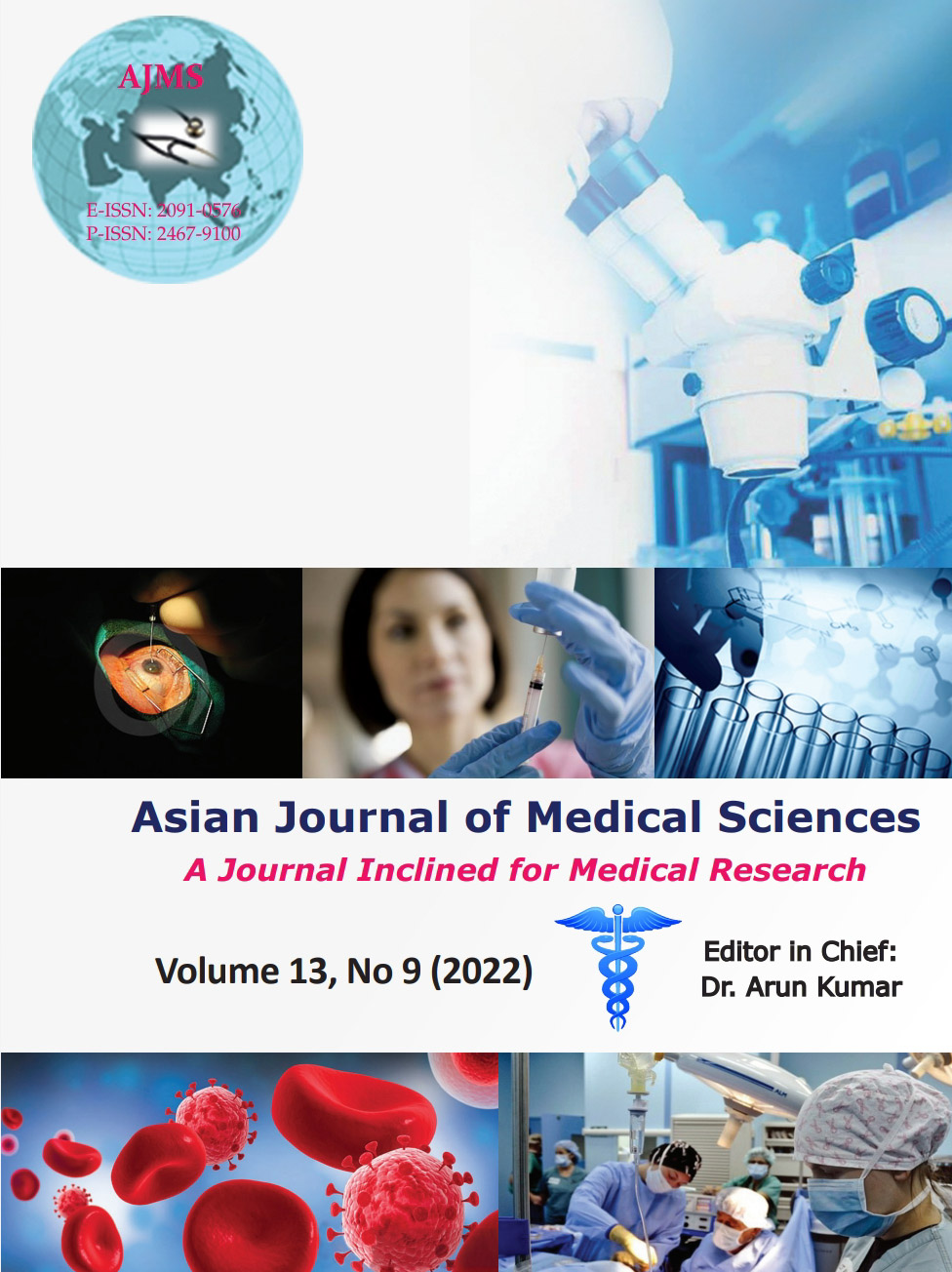Study to determine prevalence of poor sleep quality and its correlation with sleep hygiene practices among medical students
Keywords:
Medical students; Sleep hygiene practices; Sleep qualityAbstract
Background: Sleep is essential to optimize physical, emotional, and cognitive functioning of the body. Sleep quality is a critical dimension of both physical and mental health. Poor sleep quality among medical students may have both academic and health consequences.
Aims and Objectives: The objectives of this study were to assess the subjective sleep quality and determine the prevalence of poor sleep quality among medical students. The study also aimed to evaluate their sleep hygiene practices and determine its correlation with sleep quality.
Materials and Methods: A cross-sectional study was done in 120 medical students after receiving Institutional Ethical Committee approval and informed consent from participants. They were subjected to self-administered questionnaires to document socio-demographic details and to assess sleep quality using Pittsburgh Sleep Quality Index (PSQI) and sleep hygiene practices using Sleep Hygiene Index (SHI). The data were subjected to statistical analysis.
Results: The study showed that the prevalence of poor sleep quality among medical students was 49.16%. The mean±SD global score of PQSI was 5.5±2.3. Chi-square test showed that there was no statistically significant difference in sleep quality between males and females. Ninety (75%) students had higher values of SHI (>16). Pearson’s correlation showed the positive correlation between higher global scores of PSQI with higher SHI scores to be statistically significant (P<0.01).
Conclusion: There is prevalence of poor sleep quality among medical students, which is significantly associated with inadequate sleep hygiene. This needs to be addressed by promoting optimal sleep hygiene practices.
Downloads
Downloads
Published
How to Cite
Issue
Section
License
Copyright (c) 2022 Asian Journal of Medical Sciences

This work is licensed under a Creative Commons Attribution-NonCommercial 4.0 International License.
Authors who publish with this journal agree to the following terms:
- The journal holds copyright and publishes the work under a Creative Commons CC-BY-NC license that permits use, distribution and reprduction in any medium, provided the original work is properly cited and is not used for commercial purposes. The journal should be recognised as the original publisher of this work.
- Authors are able to enter into separate, additional contractual arrangements for the non-exclusive distribution of the journal's published version of the work (e.g., post it to an institutional repository or publish it in a book), with an acknowledgement of its initial publication in this journal.
- Authors are permitted and encouraged to post their work online (e.g., in institutional repositories or on their website) prior to and during the submission process, as it can lead to productive exchanges, as well as earlier and greater citation of published work (See The Effect of Open Access).




